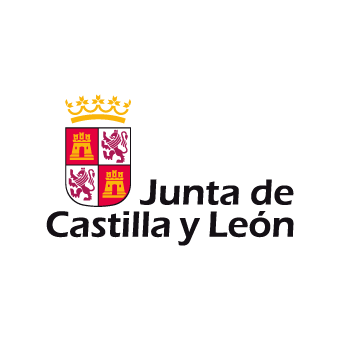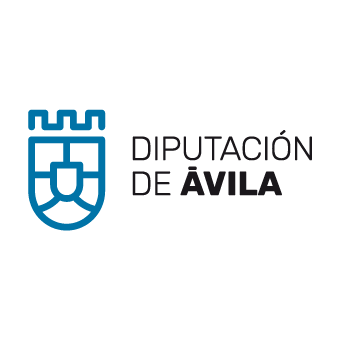Mycoforum Avila 2021
Mushrooms are a source of nature-based opportunities aligned with European policy priorities such as: the European Bioeconomy Strategy, the Pharmaceutical Strategy for Europe 2020, the European Farm to Fork Strategy, the EU Forest Strategy, etc.
Among their multiple values, mushrooms stand out for being rich in bioactive compounds and a source of pharmacological and nutraceutical development. They are considered “superfoods” for their nutritional properties and are a source of alternative and sustainable protein with low environmental impact (low greenhouse gas emissions, low water footprint and low land use).
Likewise, fungi are playing an increasingly important role in the generation of new materials for biodegradable and more sustainable industrial use: myco-materials for construction, packaging, textiles, etc., opening up interesting business opportunities.
In addition, mushrooms provide interesting opportunities based on gastronomic innovation and mycotourism, with special repercussions in rural areas.
Do you have a business idea based on mushrooms from your territory, then welcome to this event.
Tuesday 16-11-2021 | Location: Naturávila Ctra. Antigua de Cebreros, Ávila
9:00h.
Welcome and presentation of the day.
9:10-11:00h.
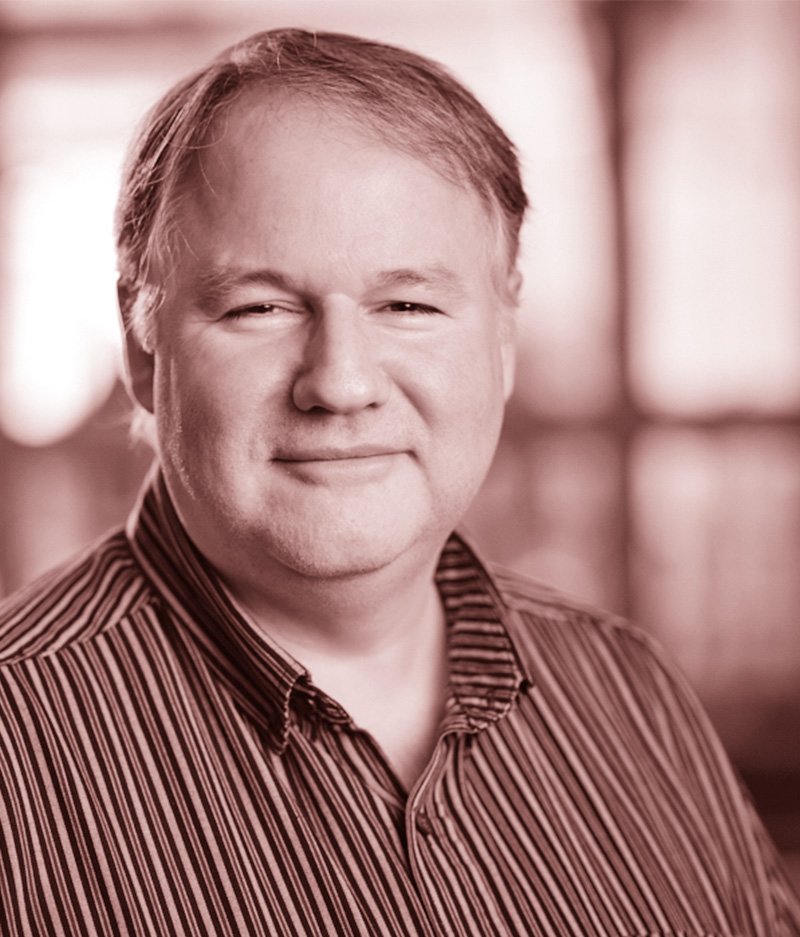
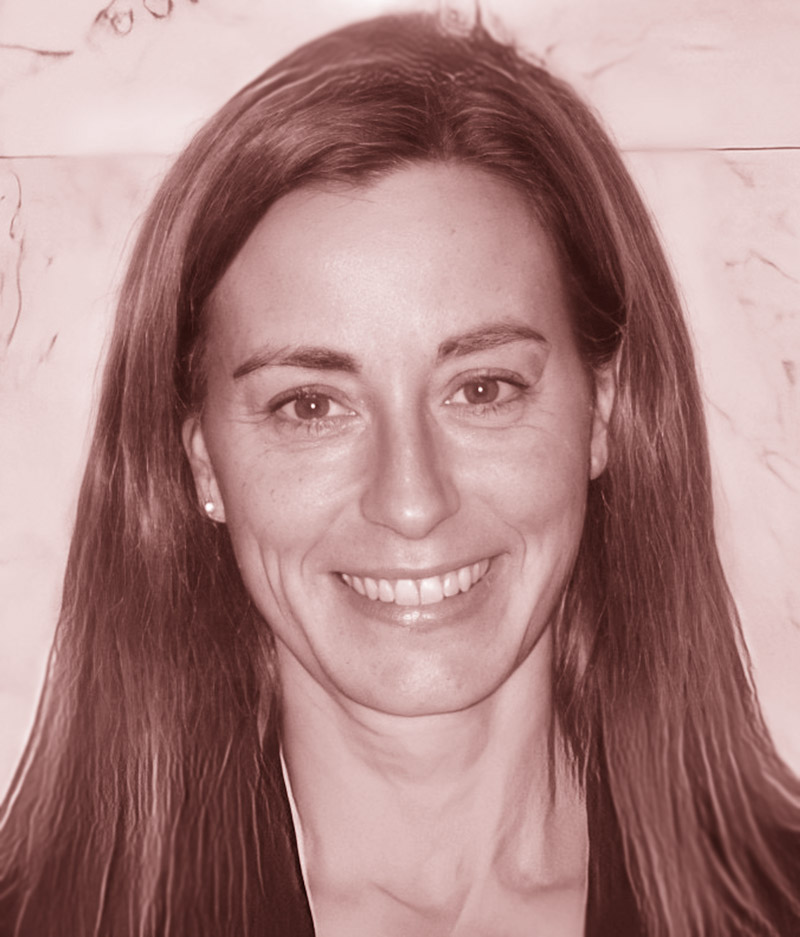
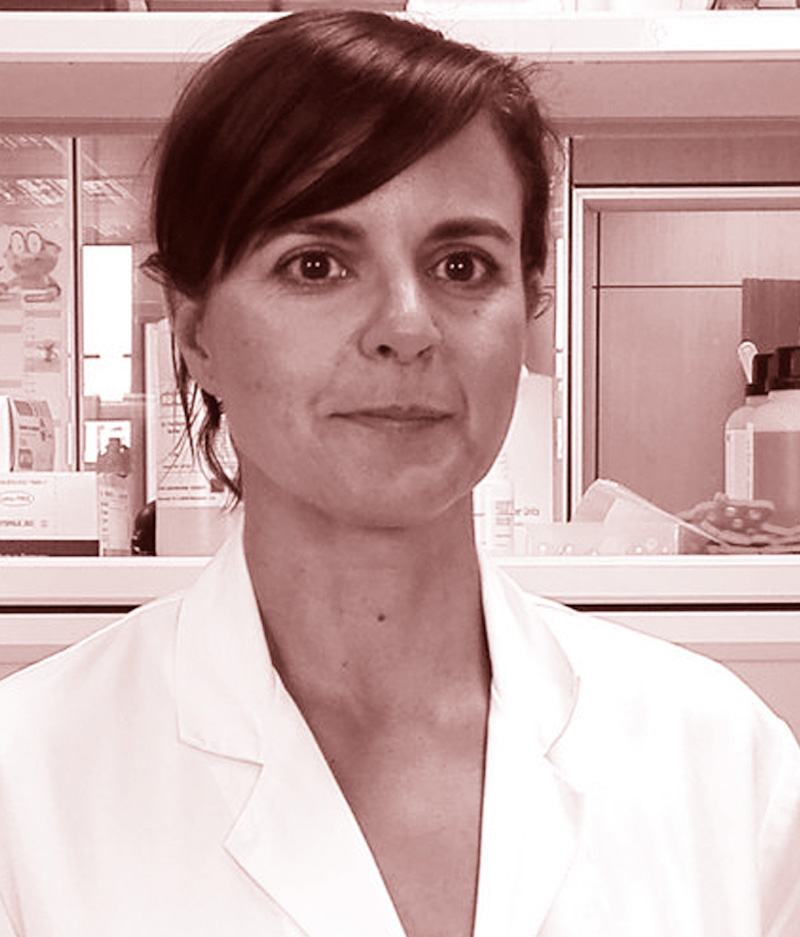
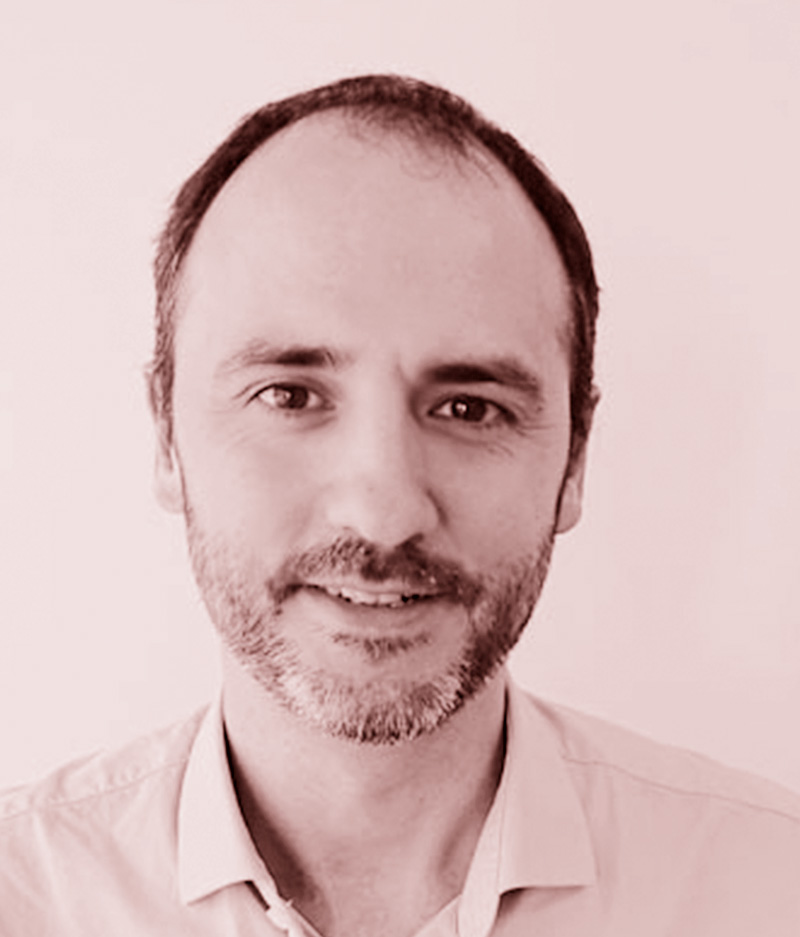
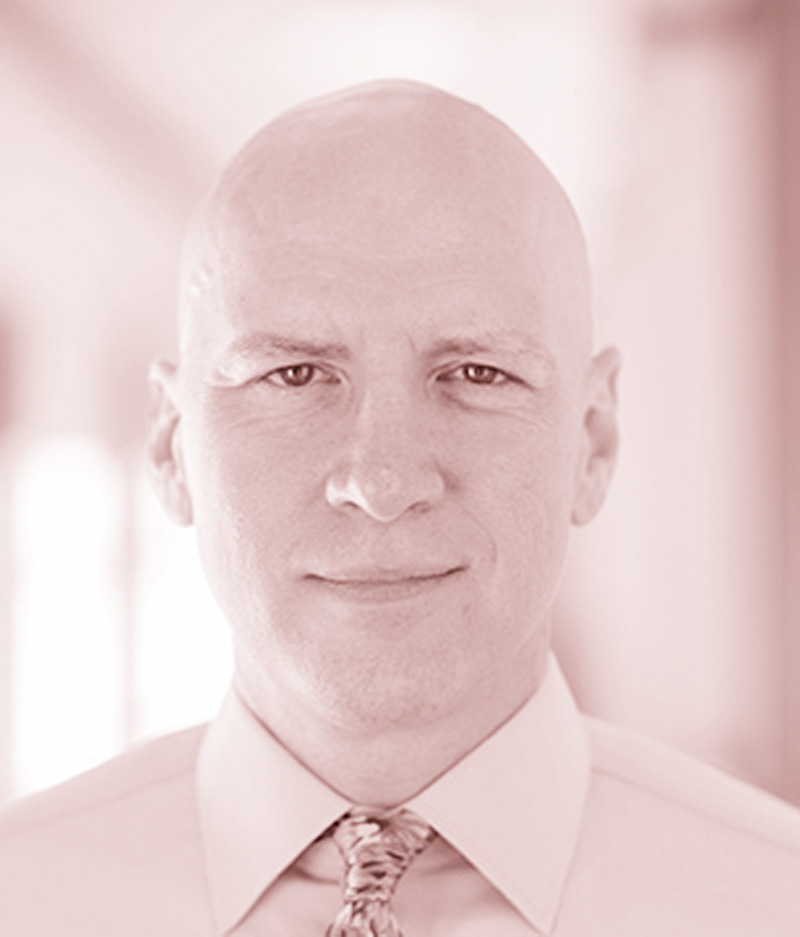
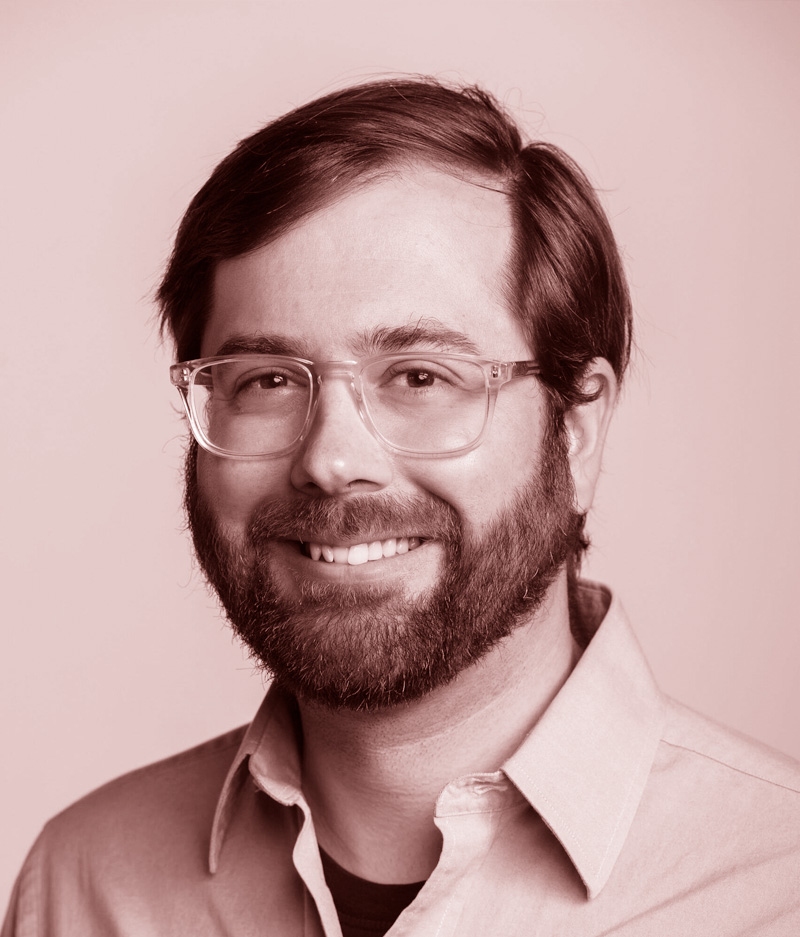
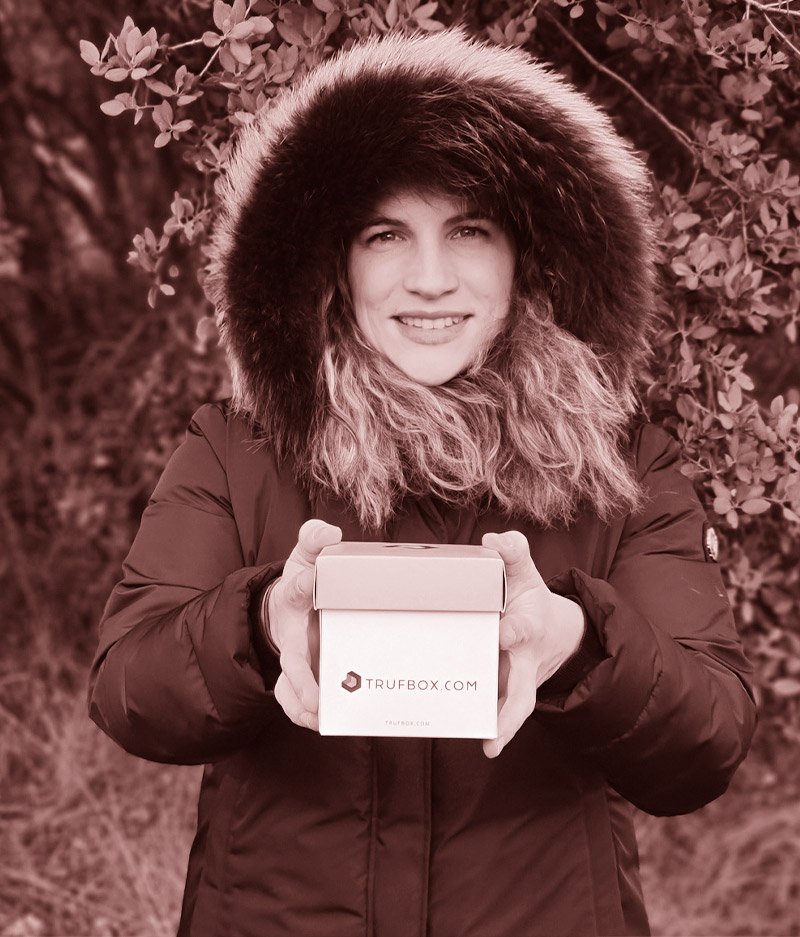
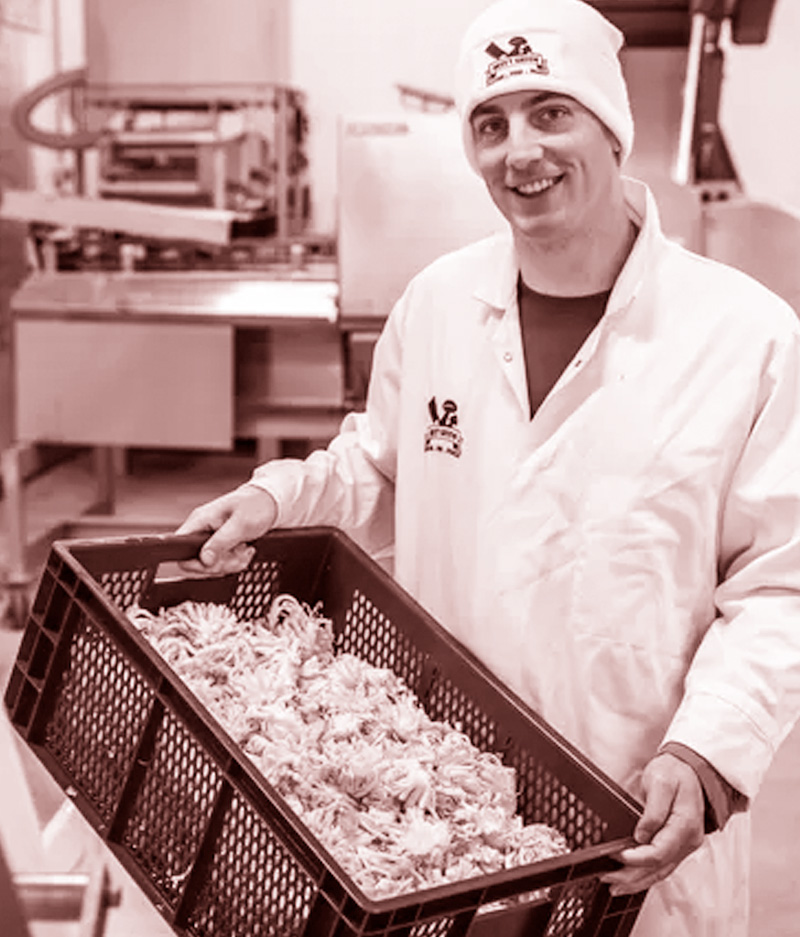
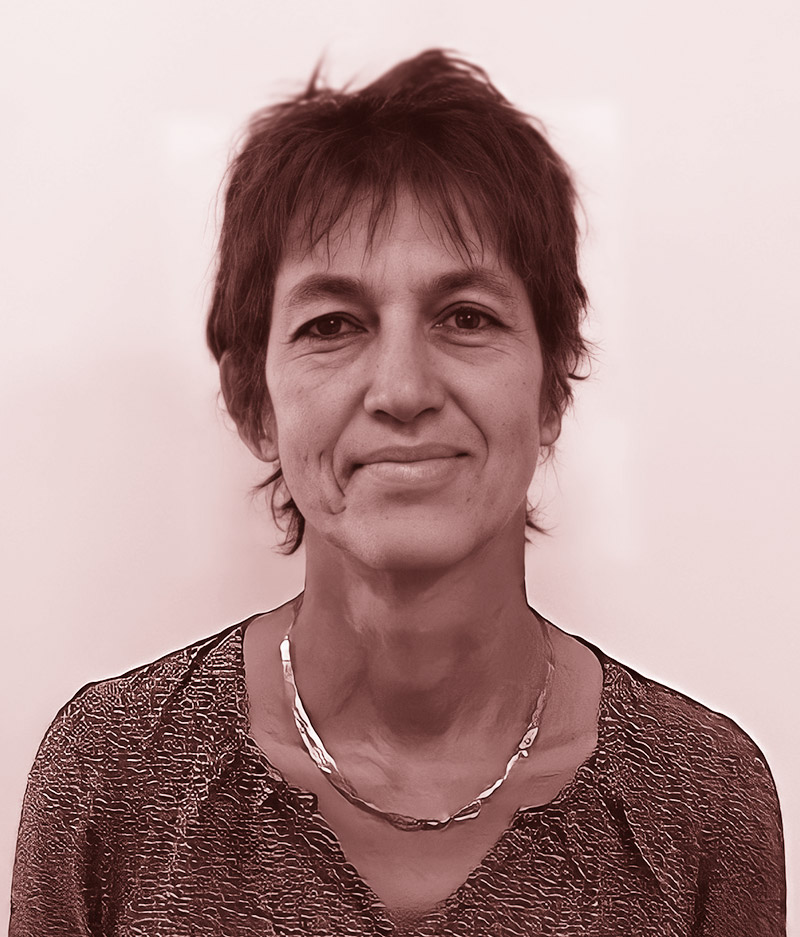
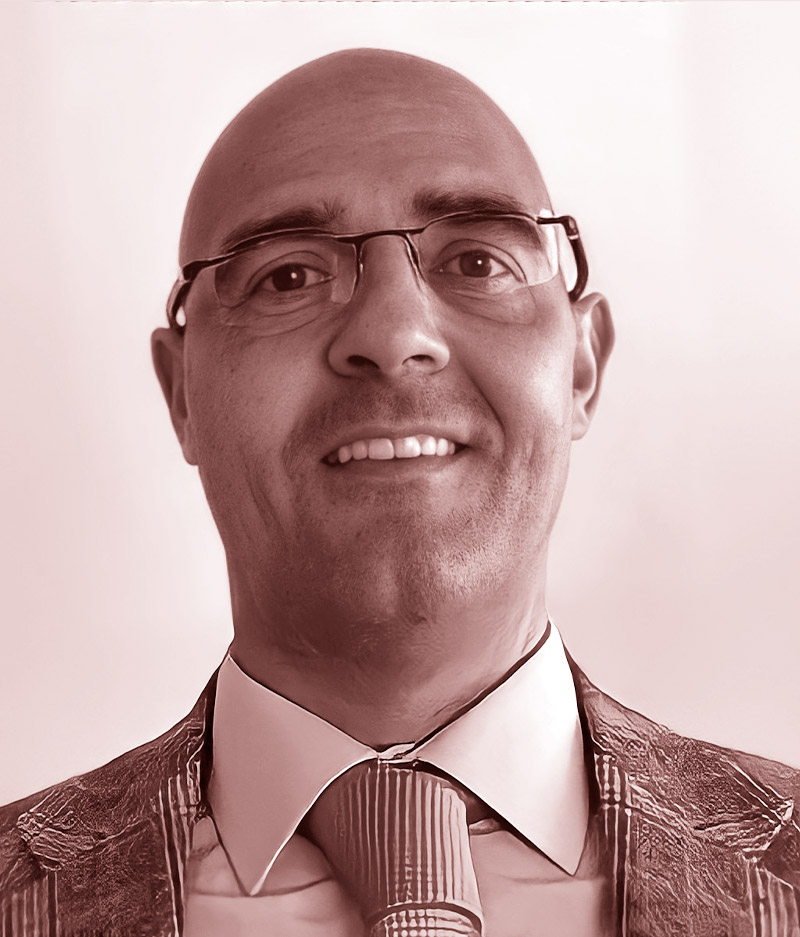
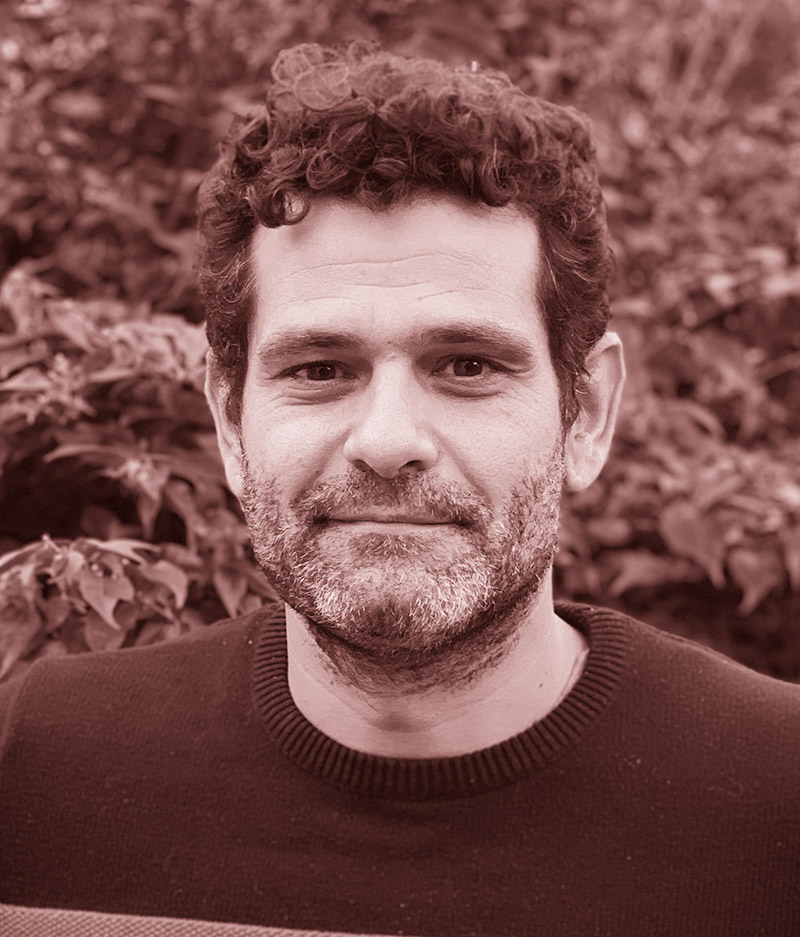
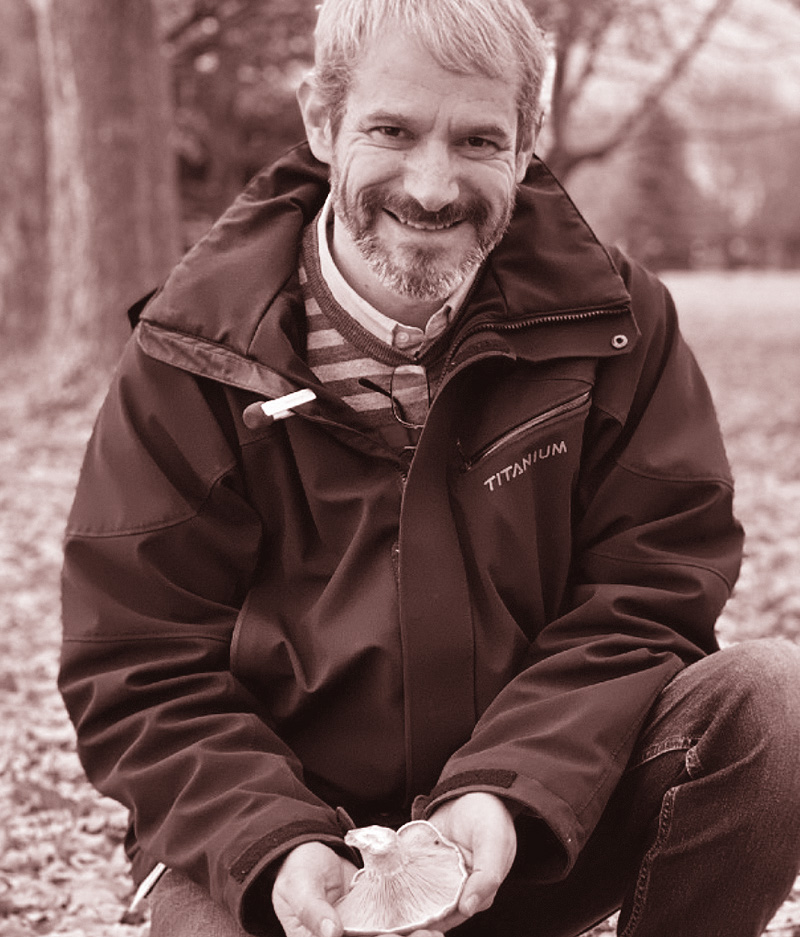
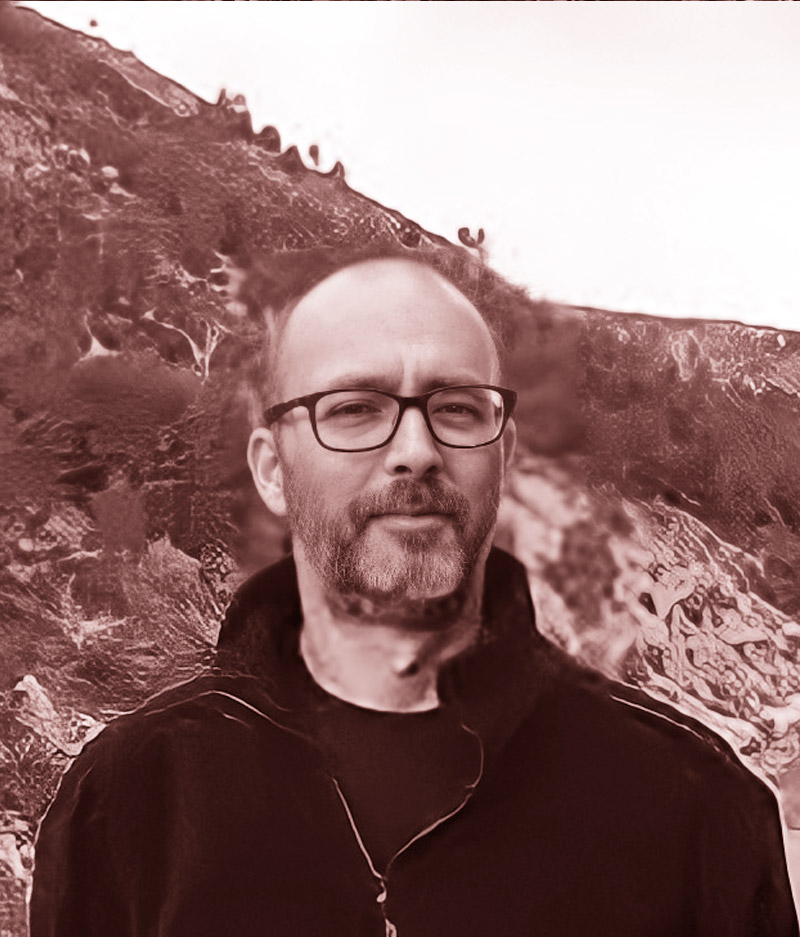
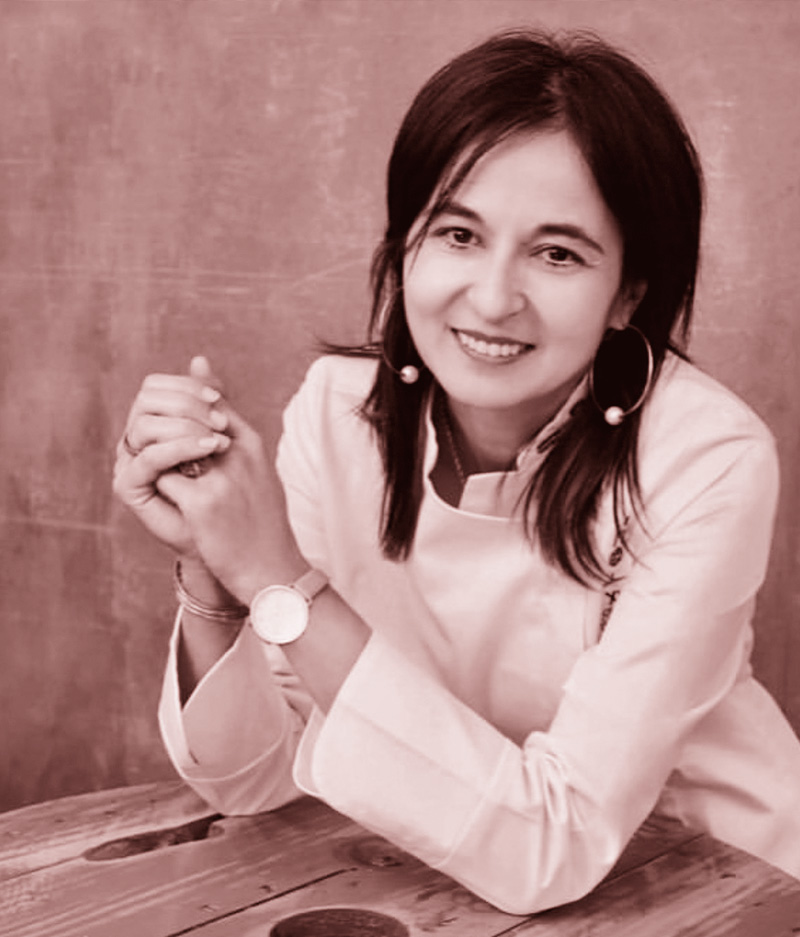
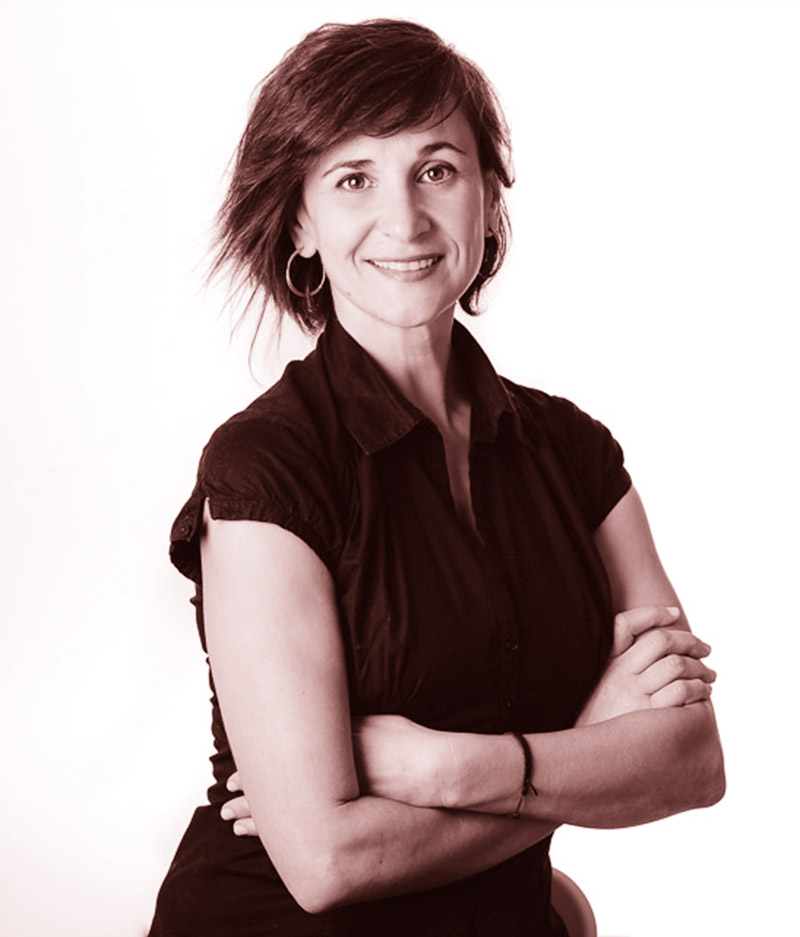
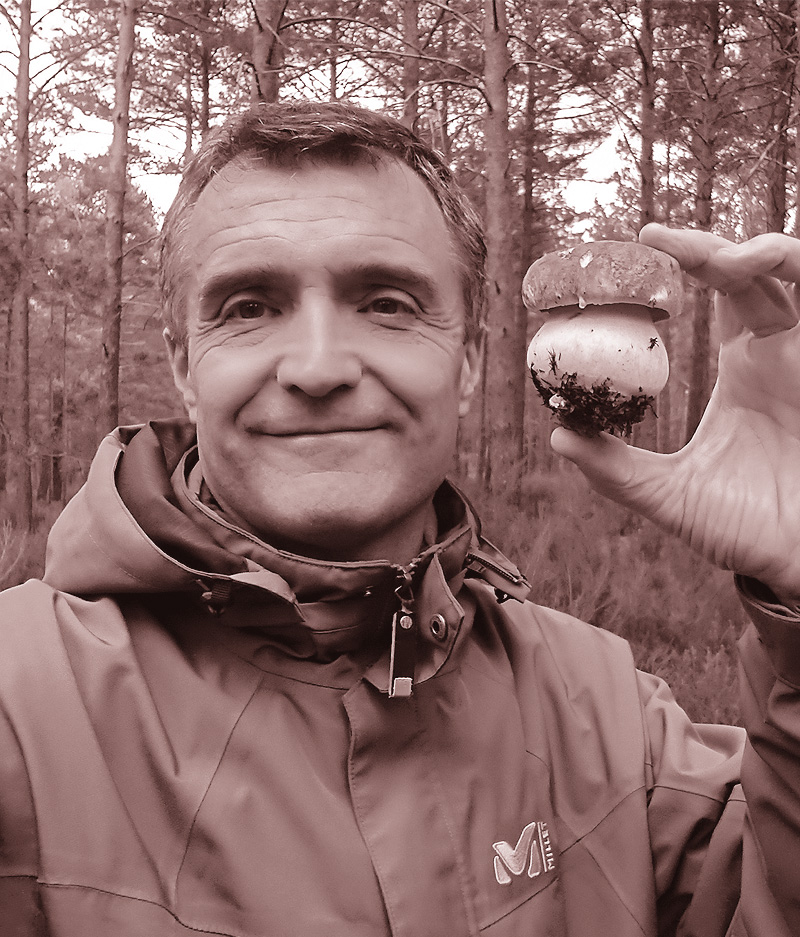
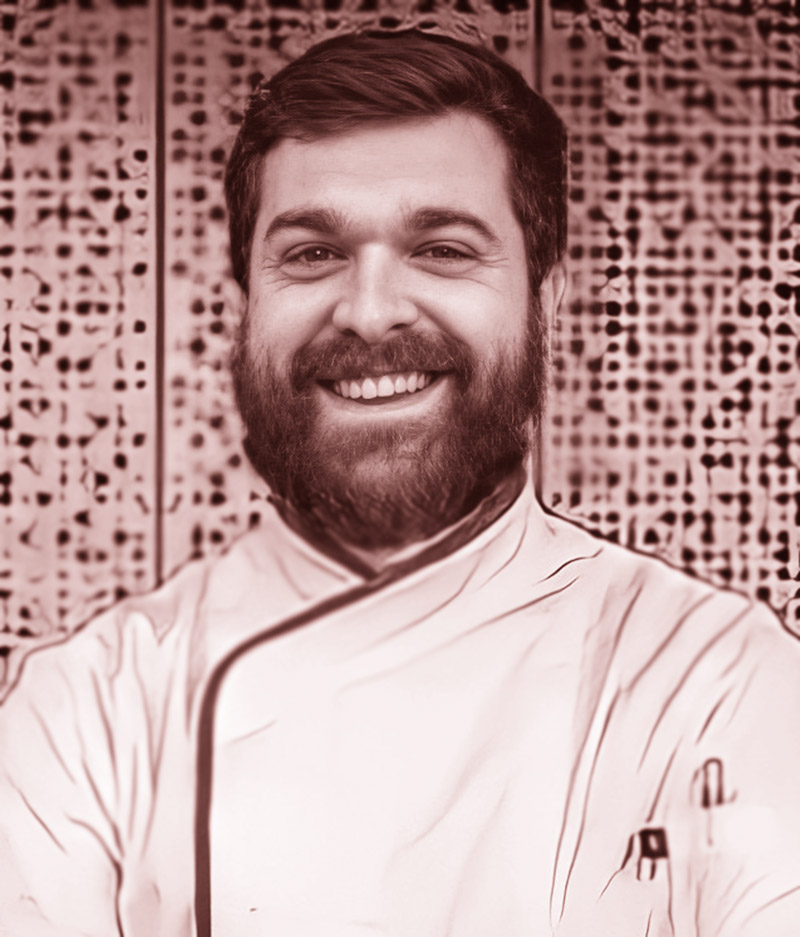
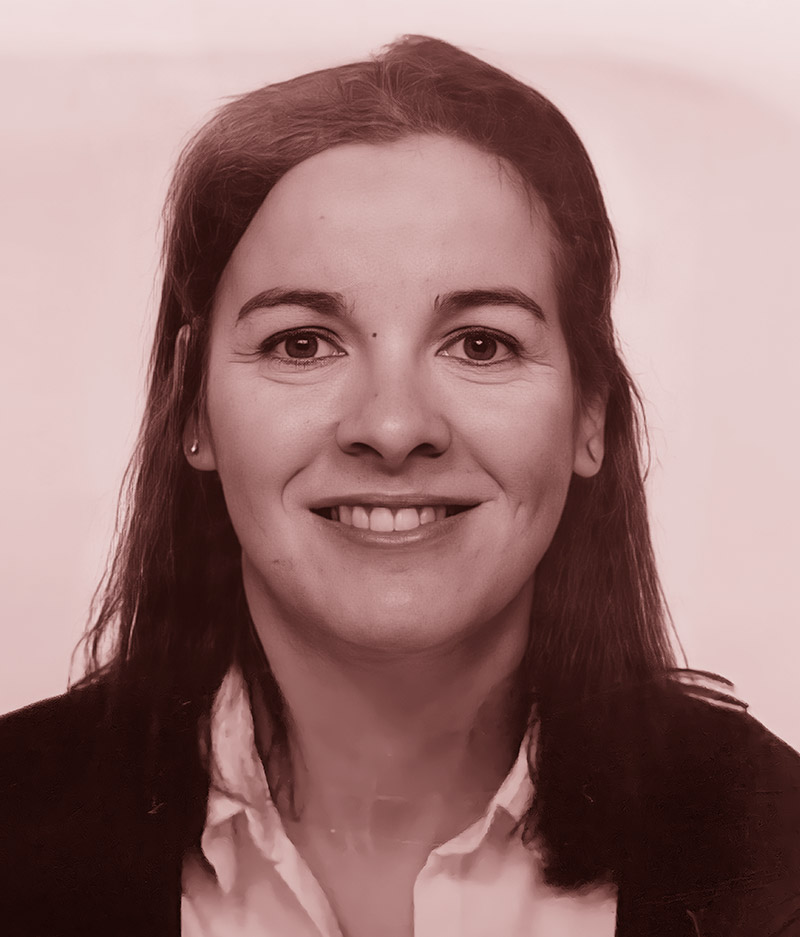
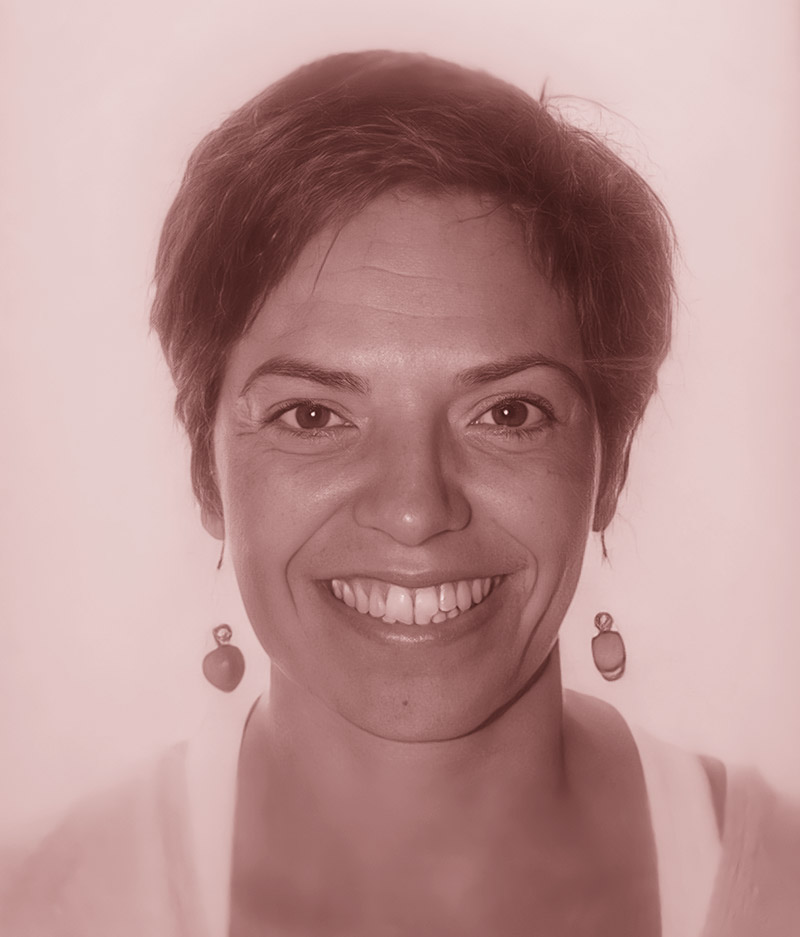
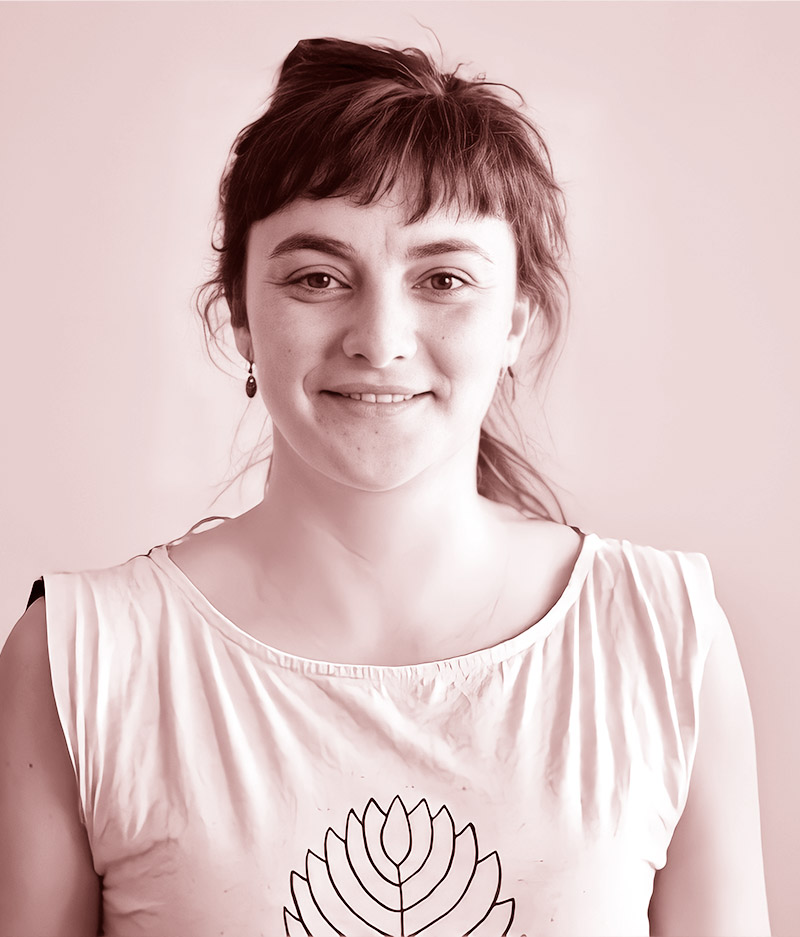
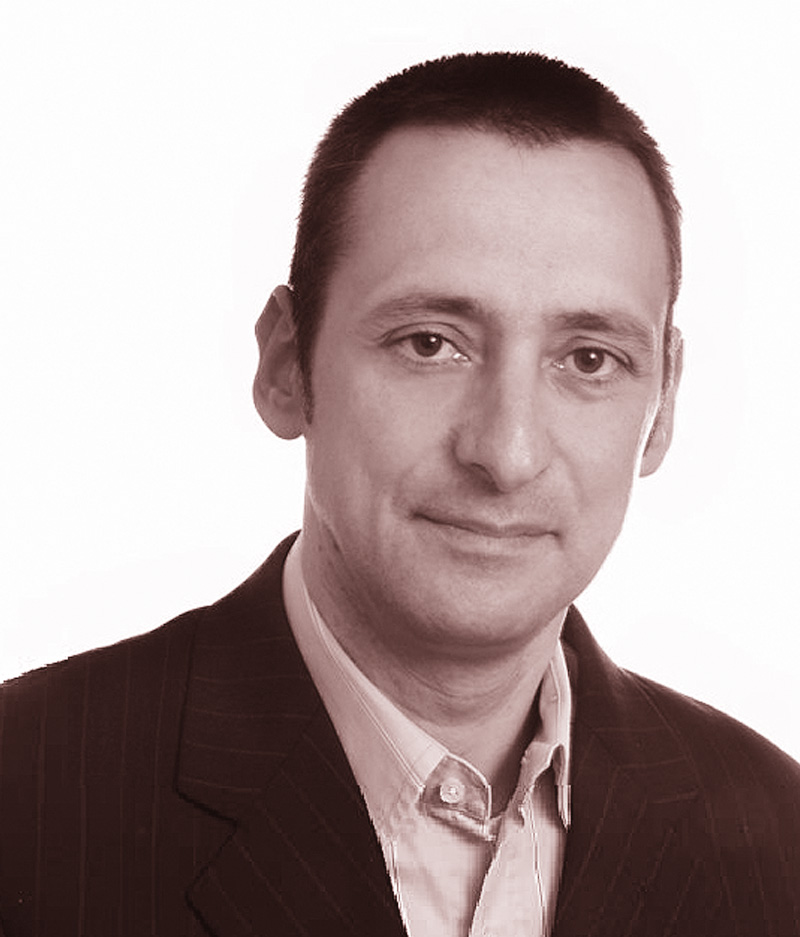
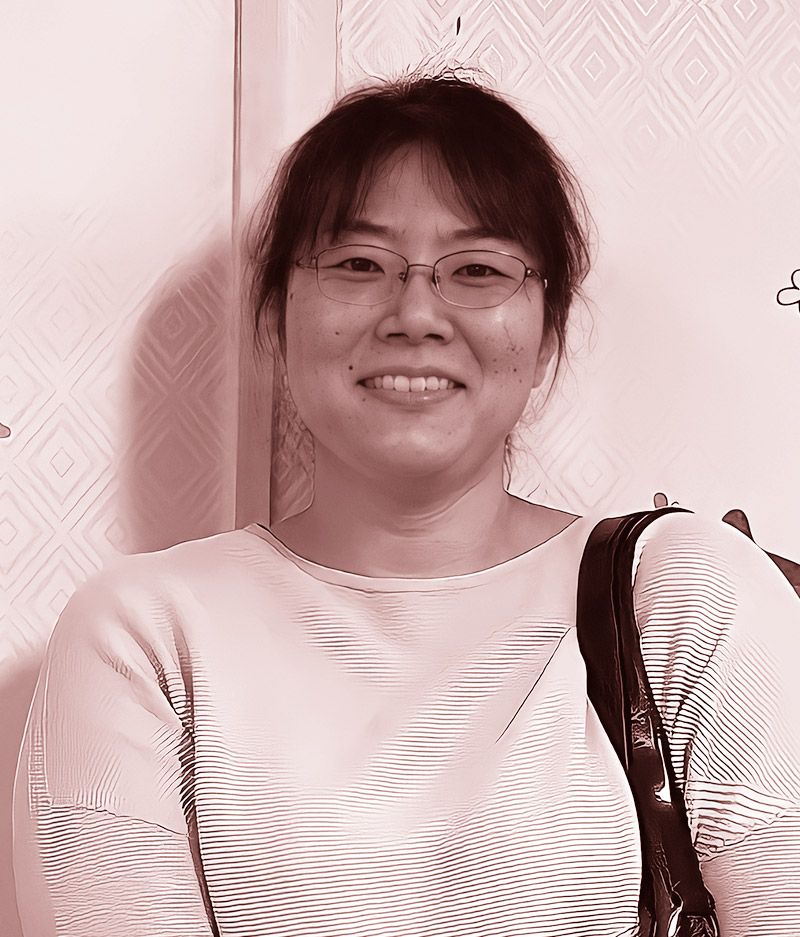
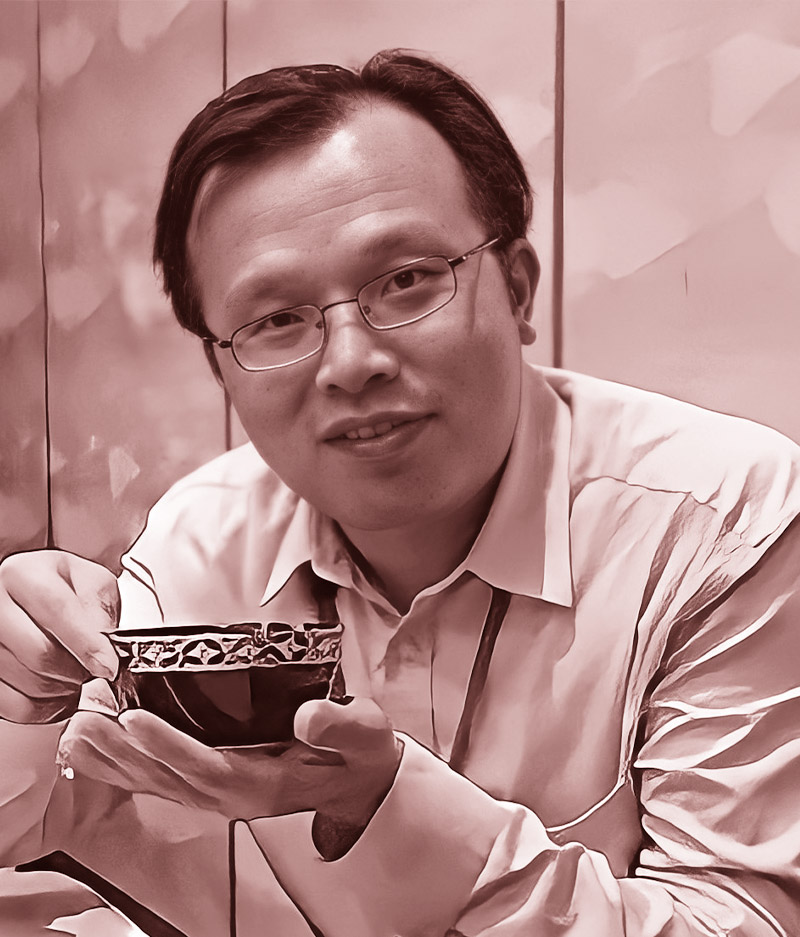
Castilla y León


